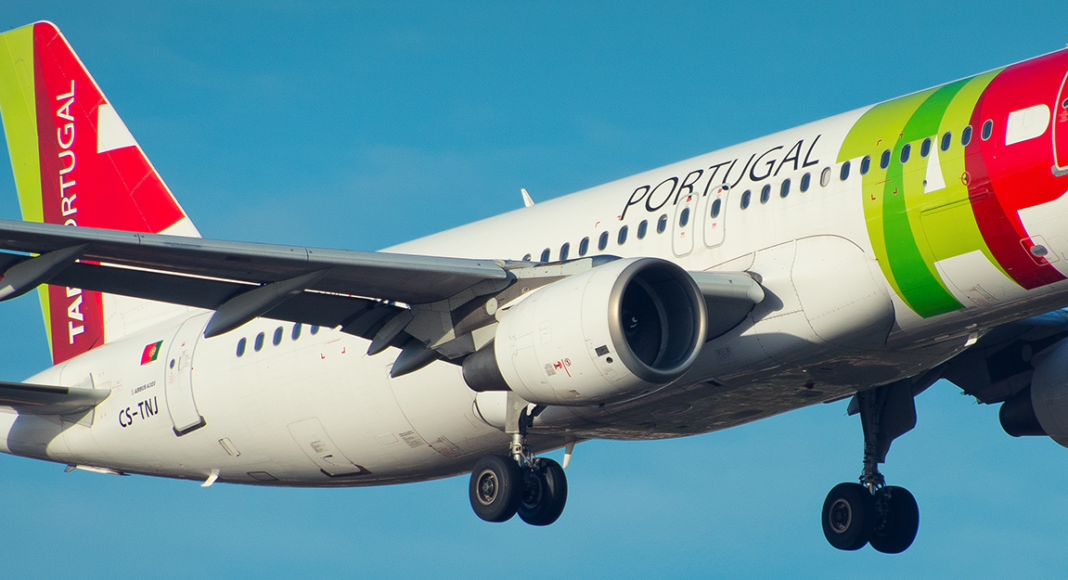Government seeks strategic airline partner amid interest from major European carriers and potential non-EU bidders
Portugal’s government has officially relaunched the privatization of TAP Air Portugal, aiming to sell a 49.9% stake in the national carrier over the next year after months of political delays.
The privatization process resumed last week following the return of the coalition government in May, after being paused when the center-right minority government collapsed in March. The government has reserved 5% of the stake for employee ownership.
Portuguese Prime Minister Luis Montenegro emphasized the government’s search for “a strategic partner with aviation expertise,” adding that the goal extends beyond capital raising to developing TAP into a more globally competitive airline.
“I am convinced that there will be many interested parties, and I expect there will be non-EU carriers expressing interest as well,” Montenegro said. “Ideally, we will see TAP integrated into a larger group within a year, with a greater capacity to generate synergies and positive value.”
The government expects bids from numerous interested parties, including non-EU airlines, according to officials. The sale structure allows airlines to partner with other carriers, investment funds, and private investors to submit joint bids.
Several major European airline groups are vying for a stake in TAP, including the Lufthansa Group, Air France-KLM, and International Airlines Group (IAG). The government has signaled it would be open to selling a larger stake if circumstances prove favorable.
Four-Phase Sale Process
The privatization follows a structured four-phase timeline expected to conclude by mid-2026:
The pre-qualification phase gives interested parties 60 days to formally express their intention and qualify for the proposal process. During the proposal submission phase in the fourth quarter, qualified parties must submit detailed proposals emphasizing how their organization will “foster synergies” with TAP.
Viable proposals will be short-listed to three to five participants who will submit binding offers after due diligence processes. The government will then enter final negotiations with its preferred bidder to complete the sale transaction.
TAP’s Financial Performance and Fleet
Potential investors would acquire a stake in one of Europe’s top 20 airlines by passenger count and fleet size. TAP, a Star Alliance member, carried 16 million passengers in 2024, delivering net income of €53.7 million on record revenue of €4.2 billion.
The mainline carrier operates an all-Airbus fleet of 80 aircraft with 22 additional aircraft on order. The fleet includes three A319-100s, 14 A320-200s, 15 A320neos, three A321-200s, 23 A321neos, three A330-200s, and 19 A330-900s, with an average age of 10.5 years. TAP’s regional subsidiary, TAP Express, operates 19 additional Embraer E190/195 aircraft.
According to Cirium data, TAP operated 100 routes involving 89 different airports in the first half of 2025. The airline served 88 destinations from its main base at Lisbon’s Humberto Delgado Airport and 12 additional destinations from its secondary base in Porto.
Strategic Network Advantages
TAP’s extensive Brazil network, serving 14 different destinations, represents a key strength for potential investors. The airline’s geographical position at Europe’s western edge and its expanding North American network, which now includes 11 destinations, add to its strategic appeal.
Leading Bidder Candidates
Industry analysts view the Lufthansa Group as a front-runner given its existing Star Alliance partnership with TAP. TAP’s Brazil network would complement Lufthansa’s expansion into Latin America, where the German carrier group has limited presence. However, some question whether Lufthansa has the appetite for another acquisition following its recent agreement to acquire ITA Airways.
IAG, which owns British Airways, Iberia, Aer Lingus, and Vueling, reiterated its interest in TAP earlier this year. After abandoning its potential Air Europa purchase, TAP could provide IAG’s next opportunity to strengthen its Southern European presence. Regulatory concerns about network overlap and potential slot surrenders at major Iberian Peninsula airports may pose challenges.
Air France-KLM appears well-positioned after announcing its intention to take a controlling stake in SAS, seeking increased strength in both Northern and Southern Europe. The airline group has indicated bidding interest but may consider partnering with other carriers, following precedents like Virgin Atlantic’s joint ownership by Delta Air Lines and Air France-KLM, and the recent joint WestJet investment by Delta, Air France-KLM, and Korean Air.
Background
TAP previously operated under private ownership when the Atlantic Gateway consortium, led by David Neeleman, acquired a 45% stake in 2016. The Portuguese government re-nationalized the carrier during the pandemic, providing a €4.4 billion loan and rescue package. The government signaled its intent to sell a stake once the pandemic subsided, but political turbulence stalled the process until the recent relaunch.

Key Takeaways
- Portugal relaunched TAP Air Portugal’s privatization after political delays, targeting a 49.9% stake sale by mid-2026 through a four-phase process.
- Major European carriers including Lufthansa Group, Air France-KLM, and IAG are competing for the profitable Star Alliance member that carried 16 million passengers in 2024.
- TAP’s strategic advantages include an extensive 14-destination Brazil network and growing North American presence with 11 destinations.
- The government seeks a strategic partner for operational synergies rather than just capital investment, with non-EU carriers also expected to bid.



